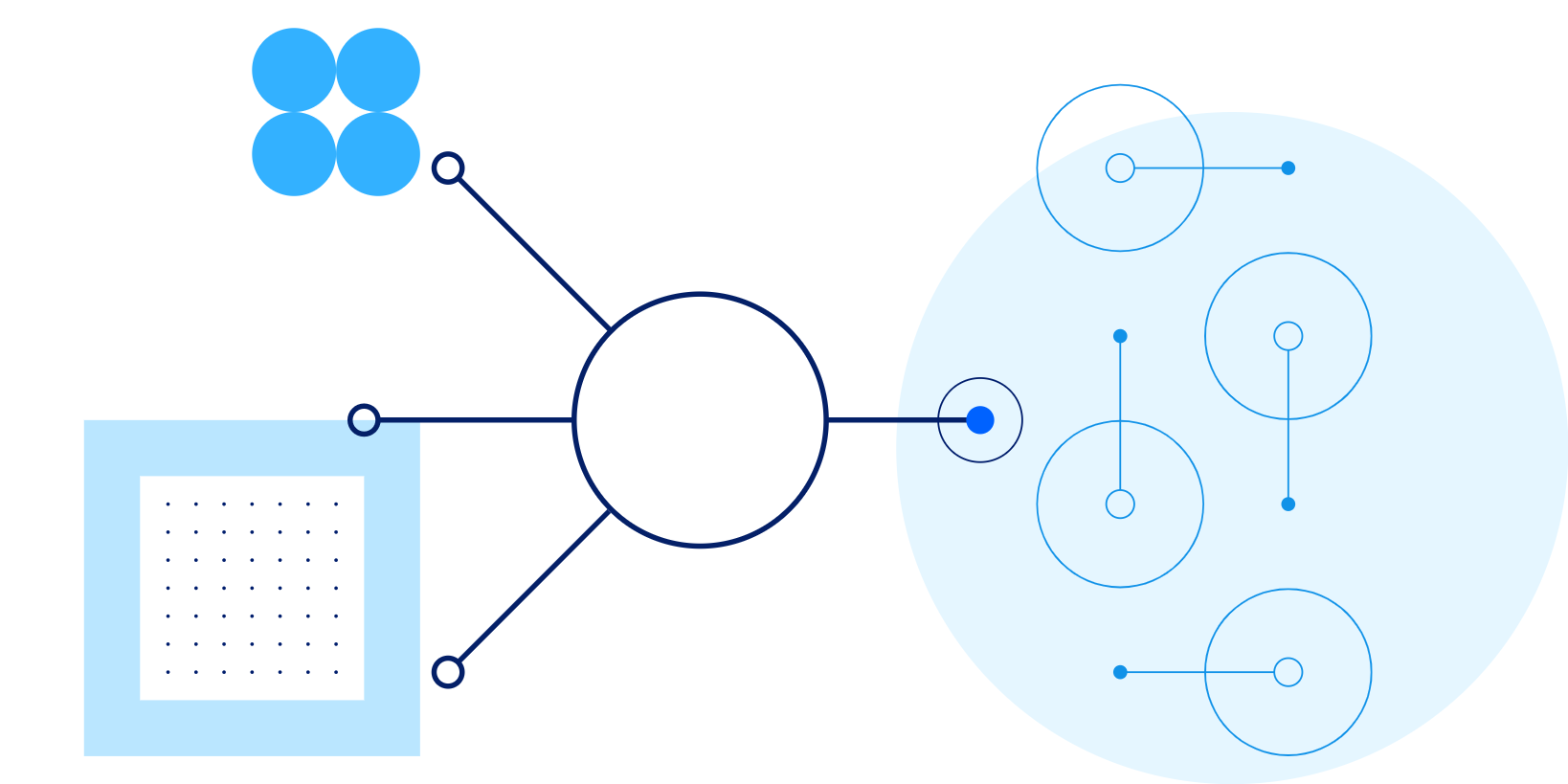About cookies on this site Our websites require some cookies to function properly (required). In addition, other cookies may be used with your consent to analyze site usage, improve the user experience and for advertising. For more information, please review your options. By visiting our website, you agree to our processing of information as described in IBM’sprivacy statement. To provide a smooth navigation, your cookie preferences will be shared across the IBM web domains listed here.
Perspectives
Unlocking the potential of industrial digitalisation with 5G
16 October, 2020 | Written by: Charles Lupton
Categorized: Perspectives
Share this post:
Innovative thinkers across Britain are using their creativity to harness the power of 5G to boost economic productivity, reduce pollution and congestion, and develop the next generation of entertainment. In the North of England the focus is firmly on accelerating the growth of advanced manufacturing across the region.
There are many possibilities for innovation and productivity in the manufacturing industry that utilising 5G can open up. Powering an agile connected digital infrastructure across manufacturing operations and beyond into the supply chain has become even more important as new data-intensive innovations continue to transform the industry.
Advanced manufacturing has been given a significant boost by the introduction of the Factory of the Future programme, which aims to create an open access 5G industrial testbed in the North West and ultimately deliver the RAF’s Tempest future fighter jet in half the time, while driving UK and global manufacturing competitiveness.
Led by the University of Sheffield Advanced Manufacturing Research Centre (AMRC) and a consortium of industry partners, the testbed will be based at the centre’s soon-to-be- built facility on the Salmesbury Enterprise Zone. The two year project aims to seek out new and more efficient ways of manufacturing to ensure the industry continues growing in the UK for the foreseeable future.
The programme will develop integrated solutions to some of the key challenges to deploying 5G technologies in manufacturing, using 5G to test use cases such as robotic assembly, reconfigurable product assembly lines and distributed and shared VR/AR.
It will also focus on improving the performance of manufacturers by exploring significant reductions in defects and waste through real time monitoring; enhanced machine utilisation and energy saving through digital twin track and trace; and a big reduction in travel and maintenance times brought about by shared hybrid reality spaces; and reducing costs and generating efficiencies through using 5G to track the location and monitoring the condition of goods in the supply chain through a chain of custody system.
The end result will be multiple public case studies on solutions deployed within the test bed manufacturing facility with tangible results – demonstrating the effect of 5G combined with analytics and artificial intelligence to provide insights on data gathered from the factory floor. Throughout the programme we expect to be able to provide updates on the milestones along the way to keep the wider industry updated on the very latest discoveries.
The programme is part of the government’s investment into 5G test bed facilities across the country. IBM is part of the consortium that includes BAE Systems, University of Sheffield AMRC North West, Digital Catapult, MTT, Miralis and Three Networks. IBM is the technology partner and will provide a hybrid cloud platform built using Red Hat OpenShift on the IBM public cloud, providing a solid foundation of open source innovation, security leadership, and enterprise-grade infrastructure. The platform will provide the flexibility to access the very latest applications and services without vendor lock-in.
As well as flexibility, IBM aims to provide deep data insights through its advanced analytics software and the application of artificial intelligence (AI) hosted on IBM Power Systems. Data is now our most valuable asset and 5G will help us to gather it quickly and securely throughout the supply chain. Once securely gathered, IBM’s data integration, advanced analytics and artificial intelligence can be utilised to provide detailed insights on productivity and quality control. This is where 5G and AI combine to gather more data at greater speeds with better visualization of patterns, defects and anomalies.
Technology is the vital ingredient to help deliver solutions to solve problems that are common to the manufacuring sector. Technology such as Artificial Intelligence, Analytics, Internet of Things and 5G should be able to drive greater efficiencies on the factory floor by gathering more data, providing better insights and delivering better quality products using less materials. What’s not to like? The proof of course is in the pudding and this is where the 5G Factory of the Future programme comes in to provide the UK and indeed the world with the basis for the technology and the testbed to showcase the use cases.
Click here to discover more on IBM’s manufacturing focus and solutions.

Charles Lupton
Business Development Leader, Industrial Sector
More stories
By Helen Gowler on 3 October, 2024
Generative AI: driving a new era of HR transformation
Helen Gowler, Partner, EMEA Talent & Transformation Lead Today, I’m proud to be part of a company that’s committed to addressing gender bias in the tech industry. IBM is pioneering the use of AI to tackle this issue, and I’m excited to contribute to this effort. Our team is developing AI models that can detect […]
By Mark Restall on 18 July, 2024
Multi-Modal Intelligence Platform
Traditionally, data management systems provided only numerical or textual based business intelligence primarily for back-office users across finance, sales, customer management and supply chain. Today, we are increasingly seeing data management systems which drive key business functions requiring interrogation of multi-modal data sets from documents, presentations, images, videos to audio. This demands a more sophisticated […]
By Mark Restall and others on 16 July, 2024
The use of GenAI to Migrate and Modernise Organisational Core Programming Languages
GenAI is hugely powerful and supports a diversity of use cases by focusing on routine work – allowing people to focus time on value-add tasks, thus enhancing productivity. The focus of this use case is for an organisation which had previously focussed on a legacy set of tooling and programming languages and needed a way […]





























